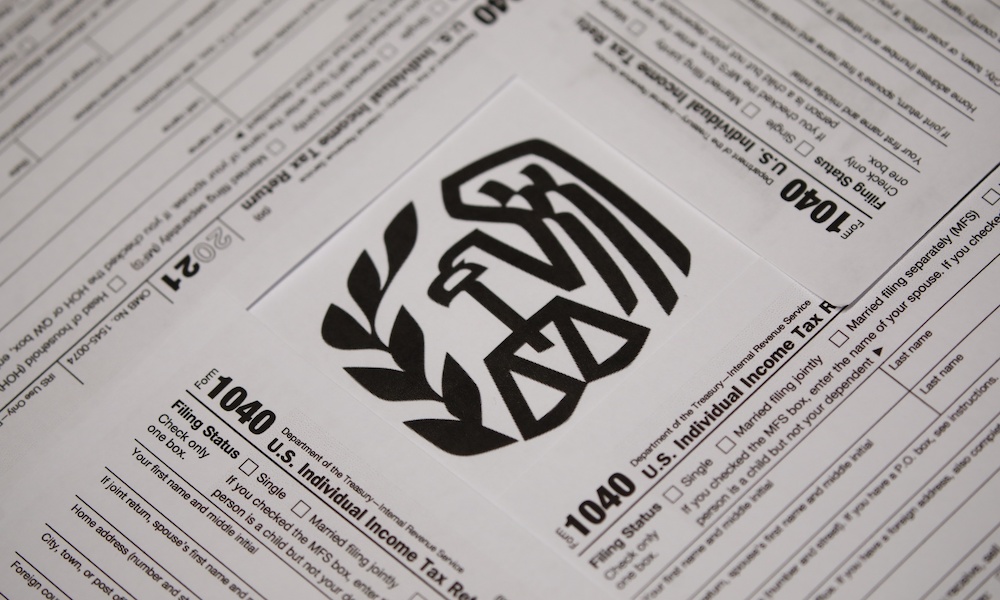Why Roles Matter: TAXPAYER, NONPROFIT, AND APPRAISER
The three parties to an appraisal MUST remain independent to ensure accuracy and validity of the deconstruction tax donation. We recently experienced an issue where these lines were blurred, and the taxpayer could have found themselves without a compliant appraisal.
The NONPROFIT recommended (or in this case required) the taxpayer to use the nonprofit’s referred appraiser. Nonprofits can recommend appraisers they know to produce high-quality, compliant work. However, they CANNOT require a taxpayer to use a certain appraiser.
The APPRAISER contracted with the TAXPAYER to produce an IRS Qualified Appraisal to substantiate their donation of deconstructed building materials.
The TAXPAYER’S CPA reviewed the TAXPAYER’S return and could not find the accompanying appraisal to substantiate the donation.
The APPRAISER then informed the client that an actual appraisal was not needed if the value was less than $500k and the signed Form 8283 would suffice. The NONPROFIT and the APPRAISER signed Form 8283 without providing an appraisal to the TAXPAYER. The client’s CPA immediately knew this was not IRS compliant.
Please note that the actual appraisal does not need to be ATTACHED to the return if the value is <$500,000 for property like building materials and <$20,000 for art. However, this does not negate the necessity the appraiser actually providing a copy of the appraisal to the client! The appraiser MUST provide a copy of the appraisal to a client.
The NONPROFIT reached out to the APPRAISER who then produced a 5-page appraisal.
Here is a link to what is required to be in a non-cash charitable donation appraisal, per American Society of Appraisers including sixteen distinct sections with substantiating information in each:
https://www.dropbox.com/s/9mcqo5k8mbpc7it/pp-appraisal-report-checklist.pdf?dl=0
The APPRAISER’s report was missing approximately 90% of the required components.
The TAXPAYER and CPA found our information and articles online and contracted with us to complete a retrospective replacement appraisal.
Our appraisal was approximately 250 pages long. Additionally, the valuation was about 30% less than the original appraisal, basing value upon sales of comparable property in the correct secondary market.
The NONPROFIT then refused to sign IRS Form 8283 unless the TAXPAYER used the original appraisal, which had not even been given to the TAXPAYER until the APPRAISER had their feet held to the fire and was required to produce a report.
The NONPROFIT then offered unsolicited and risky tax advice advising the TAXPAYER to go with the higher donation value and let the IRS knock it down from there.
Our team notified the NONPROFIT that they are an independent entity and cannot mandate the TAXPAYER to work with any single appraiser. Additionally, we recommended they not dispense tax advice, especially if it is not sound tax advice and could guide a TAXPAYER to remit a potentially unqualified appraisal with a value that could not be substantiated with underlying market data.
Key Takeaways
Taxpayers must do their homework and work closely with their CPAs to determine who is and is not an IRS Qualified Appraiser and what constitutes an IRS Qualified Appraisal.
Our CEO is also a practicing CPA of 22 years and an accredited IRS Qualified Appraiser. Please visit our website for more articles and details on every last tax and compliance component of these deductions.
Who loses if the appraisal or appraiser is not qualified? The TAXPAYER.


